Radio Golf comes tenth in the chronology of great American dramas August Wilson wrote that comprise his American Century Cycle, one play for each decade of the Twentieth Century. And it’s the sixth production of a Wilson play here at Two River, one of the few theaters in America closing in on completing the full cycle of Wilson masterpieces on its stages.
To bring a playwright home like this, over and over again, to light the candle for them in the window of a theater and let them know that they’re welcome, is an act of the deepest respect for both the writer and the audience they’re reaching out to.
Making space for that peculiar conversation between writer and theatergoer to happen across the footlights, not just one-and-done but slowly over time, is to honor the unique collaboration that playwright and audience create together when all the moving parts of theatrical production—and the stars—align.
For audiences, staying in conversation with one playwright over time allows dramatic work to weave its way into our inner lives. Those of us who love plays know that the same play may find us at different points in our lives and mean very different things to us. We might be big Thornton Wilder fans in our youth, reject him as trite in young adulthood, only to come back to him with new eyes in middle age. Shakespeare, Brecht, August Wilson—they all have similarly long catalogues that reward our sustained attention.
And for us living playwrights, knowing that a theater wants to be a home to us, wants to bring the same audiences back into conversation with our work again and again, can be a springboard for us to take risks, dig deep, and give ourselves the room to try big things, in the seasoned hope that our words might land on eager ears. Among the playwrights who call this theater home is Tony Meneses, whose upcoming The Hombres will mark his third world premiere here at Two River. Notably, I think, both Tony and I have found ourselves writing not just for the audience here in Monmouth County but about it, trying to actively close the distance between ourselves and the people we’re in deep conversation with here in Red Bank.
Nowadays, this kind of sustained relationship between writer and audience is vanishingly rare. The American regional theater system as it currently stands functions largely on a New York-centric trickle-down model, whereby new plays premiere off-Broadway and then, once they’ve been vetted by the New York critics, get sent out to the regions to try to spark conversation with different audiences.
Two River is holding space for the writers it loves and cultivating them here, for its own devoted audiences. Whether that means moving Matt Barbot’s El Coquí Espectacular and the Bottle of Doom from the Crossing Borders (Cruzando Fronteras) festival to the Marion, or re-commissioning playwrights who have already had one world premiere here, this theater wants its playwrights to grow here and thrive here. (And, incidentally, it’s sending new plays and musicals from the region to New York City, in the case of Be More Chill and my own play Hurricane Diane, and no doubt many more shows in the future.
I’ve been a playwright-in-residence here at Two River since 2016, but my relationship with the theater began in 2011, with the premiere of my play Seven Homeless Mammoths Wander New England. Knowing that this theater and these audiences are among the most courageous, rigorous, curious, and committed in the country, and that the doors are open for me and my next leap of theatrical faith, has emboldened and strengthened me, and rekindled my hope about what theater can do.

The Company of The Women of Padilla. Photo Credit: T Charles Erickson

Mia Barron as Sandy in Hurricane Diane. Photo Credit: T Charles Erickson

Charlie Hudson III, Kevin Mambo and Jason Dirden in August Wilson's Seven Guitars. Photo Credit: T Charles Erickson.

